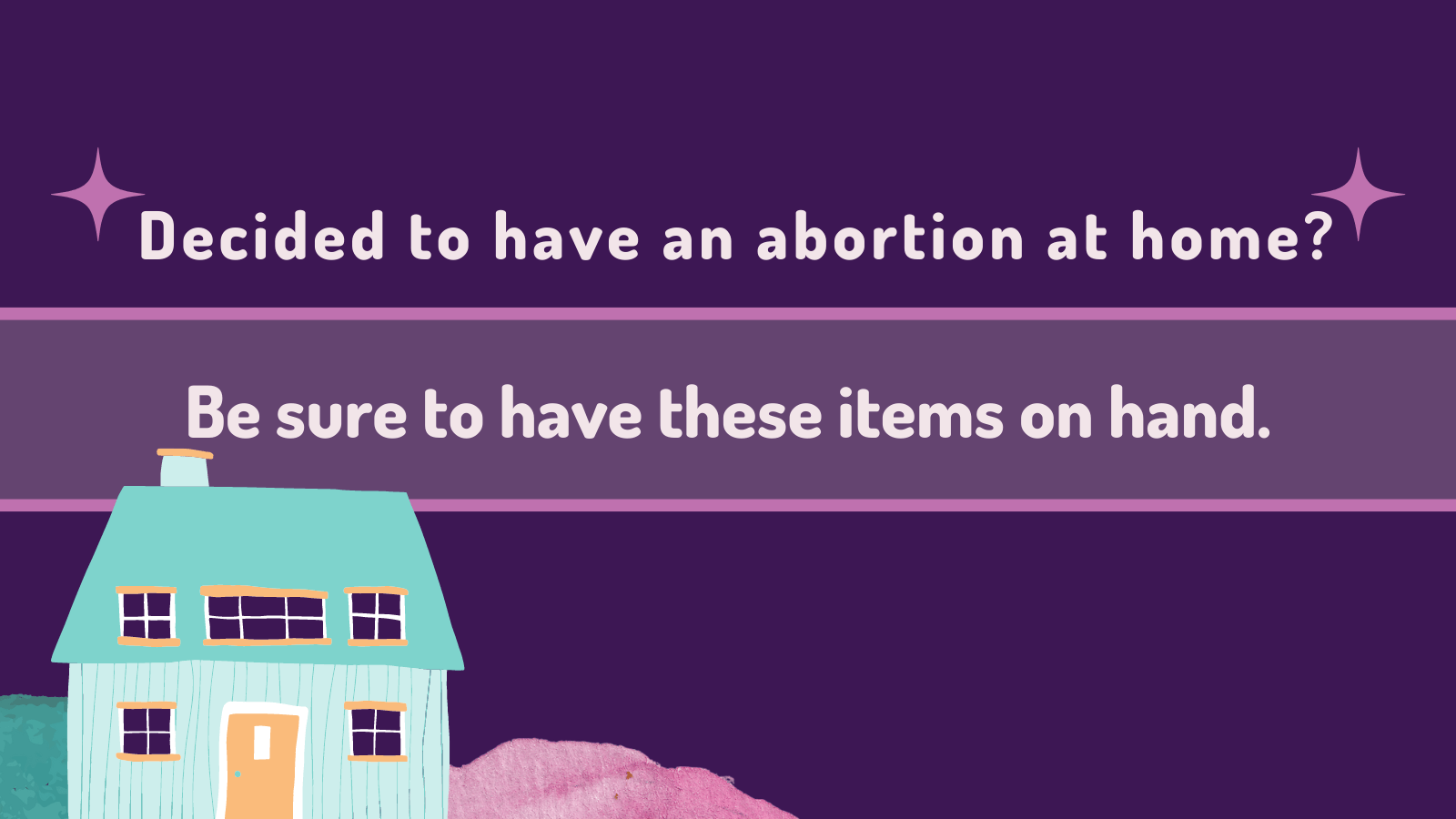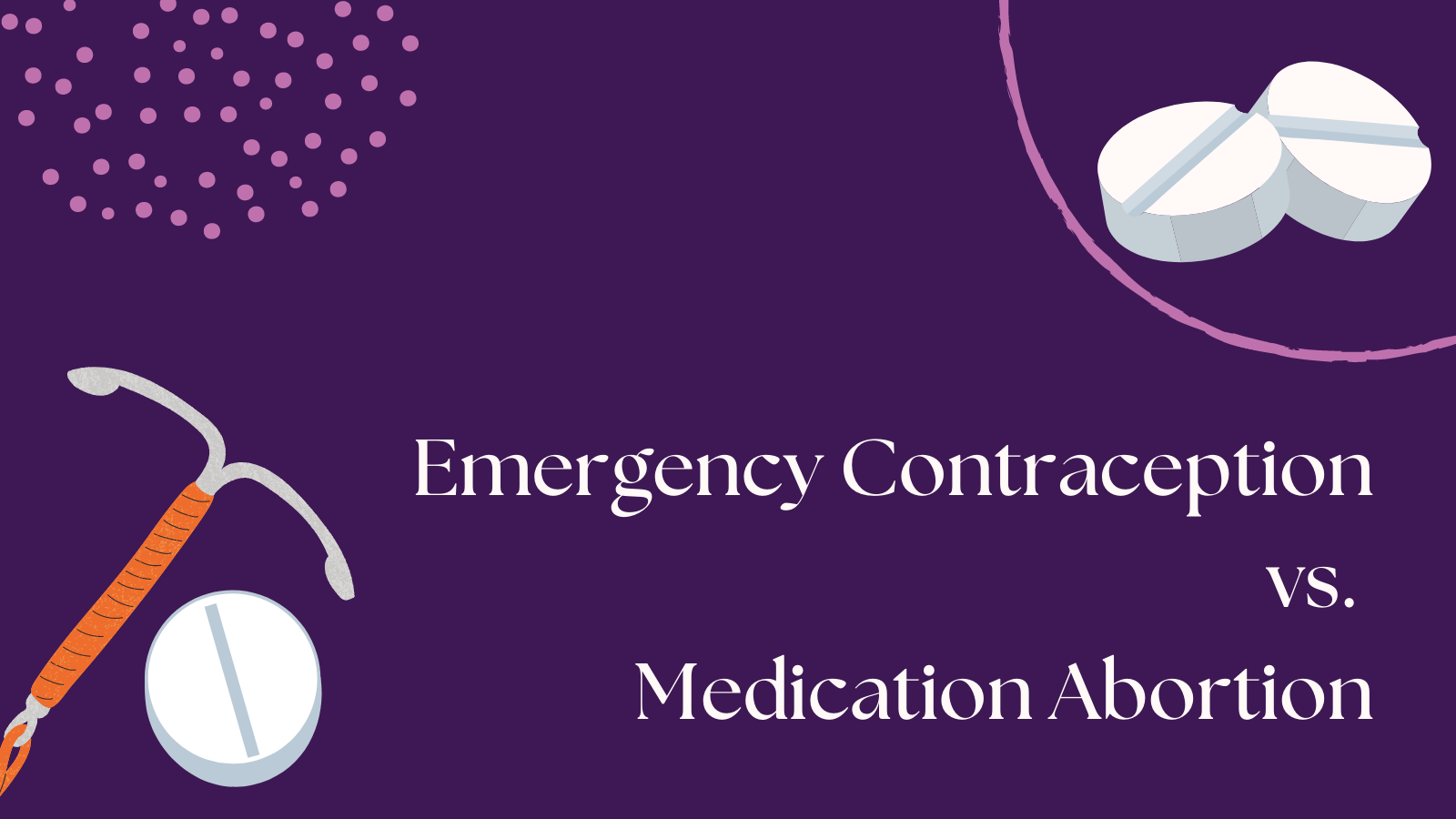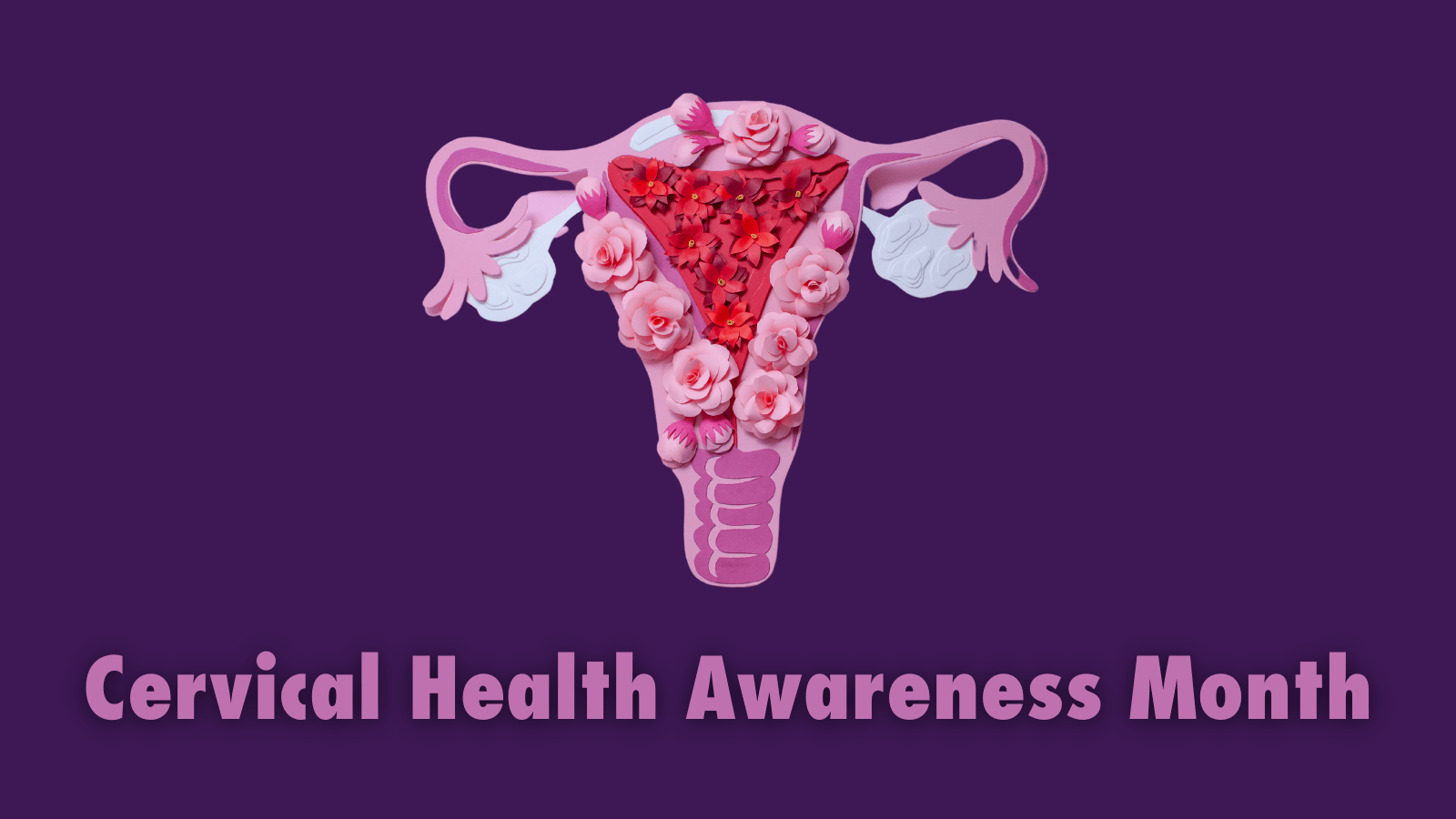There are many things we love about our Twin Cities clinic. It’s just blocks from the light rail, has some amazing views of Downtown Minneapolis, houses our EmpowerLine, and has a certain Nurse Practitioner Maria providing gynecology care every Tuesday and Thursday.
We, WholeWomansHealth.wordpress.com the person, like to talk with Maria regularly about her experience with reproductive health and this time we’ve decided to record the conversation:
What is a Nurse Practitioner? Why go to a Nurse Practitioner?
NPs can be licensed independently in the state of Minnesota. You don’t have to be associated with a physician or a clinical practice. I can have my own patients, prescribe medications when necessary and really build a relationships with the patients that I see.
What inspired you to pursue women’s healthcare?
I wanted to educate and empower women about their bodies!
What’s your opinion on how gynecology has evolved over the years?
We used to hold women hostage, so to speak. Practices would require women to come in and get breast exams, pelvic exams, pap smears and more every year in order to access contraception. It was a prerequisite to birth control. Now the trend in reproductive medicine is to remove barriers and look at evidence supporting healthcare and contraception. Now we don’t do pap smears until the woman is 21 and we do them every three years, and we’ve been able to see other improvements with the HPV vaccine and long acting birth control.
So, what’s the point of a pap smear if it’s not required regularly and you don’t need one until the age of 21?
It’s the screening test for cervical cancer (HPV). Most sexually active women are exposed to the virus and previously if a woman would display abnormal cell changes the provider would lob off (not the formal medical term) a part of the cervix through a LEEP procedure. Of course we still perform LEEPs, but not so readily as in the past. We used to be quick to choose the surgical option rather than waiting and allowing the body to naturally heal itself. Now it’s a nice combination of both.
To follow that, why get an annual exam, or a Well Woman’s Exam, if a pap isn’t necessary?
It’s an opportunity to touch base and share any concerns with a health care provider. It’s an opportunity to explore the family medical history and screen for risk behaviors, as well as look for preventative or motivational treatment options to help the patient pivot and change directions.
People tend to operate thinking that how they feel now is how they will feel in 20 years, when that’s not necessarily true. Without treatment or intervention a risk factor for untreated hypertension (high blood pressure) now could turn into kidney problems down the line. Or undiagnosed or untreated diabetes could turn into loss of vision or loss of kidneys down the road. So yes, we’re looking at your reproductive health, but that’s just a part of your whole health.
What are some of the common themes you notice across the patients that you see? Common questions that people are concerned about when they come to visit with you?
I get a lot of questions about vaginal discharge. Many women are really concerned about it – is it too much, is there not enough, color, cycle, changes through the month, etc. There are many normal ranges that come with vaginal discharge that change through the month as you go through your cycle. The biggest red flags are if there’s an itch or odor or if you feel you’re at risk for an STI.
There’s also some misperceptions about how diet can impact your health. What you put into your body has a strong impact on your well being and will effect you over time, so I definitely like to spend time focusing on diet choices while discussing health histories.
Are there questions people should be asking when they get their annual check up that you notice aren’t being asked?
I see a lot of bias – people want to project themselves 20 years from now and often think that how they are now will be just how they are down the road, when that’s not really the case. What you do now has a definite impact on how your body will feel 10, 20 years from now.
If you’d like to schedule an appointment with Maria, please call our EmpowerLine at (877) 835-1090 or visit us online at www.wholewomanshealth.com.




